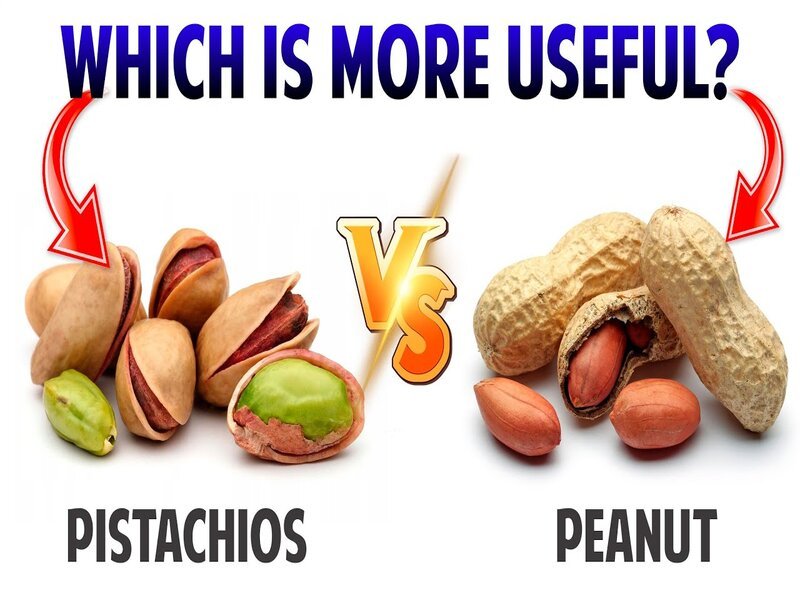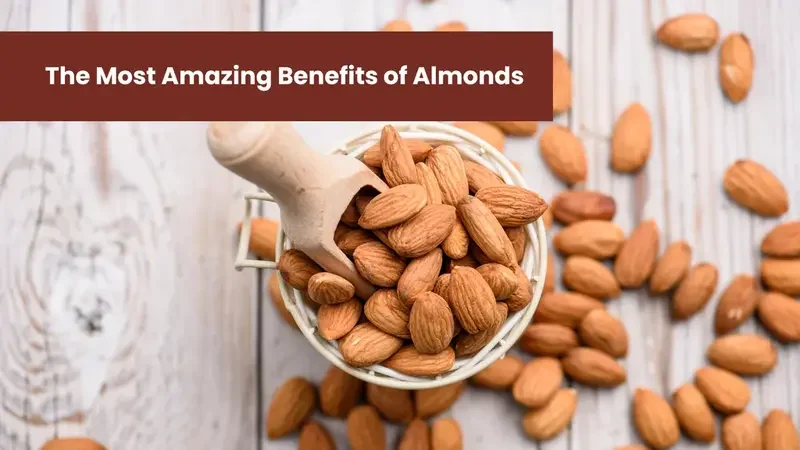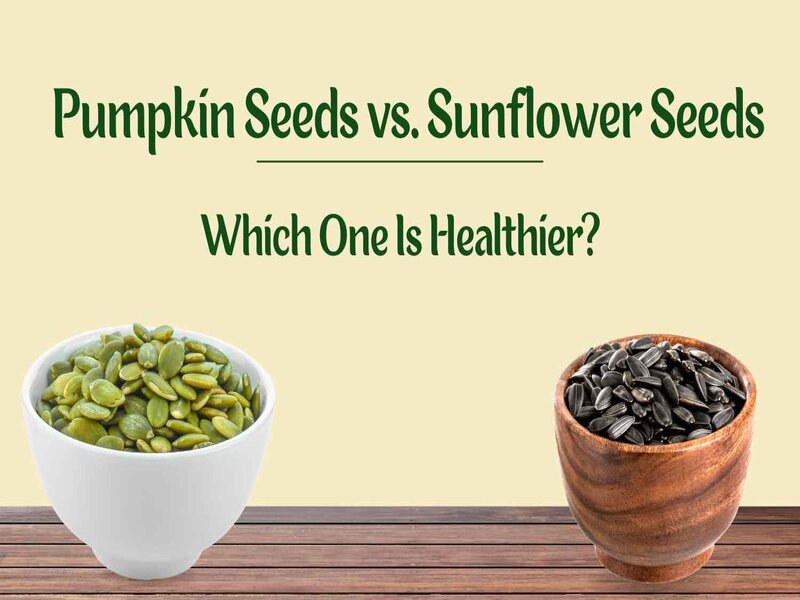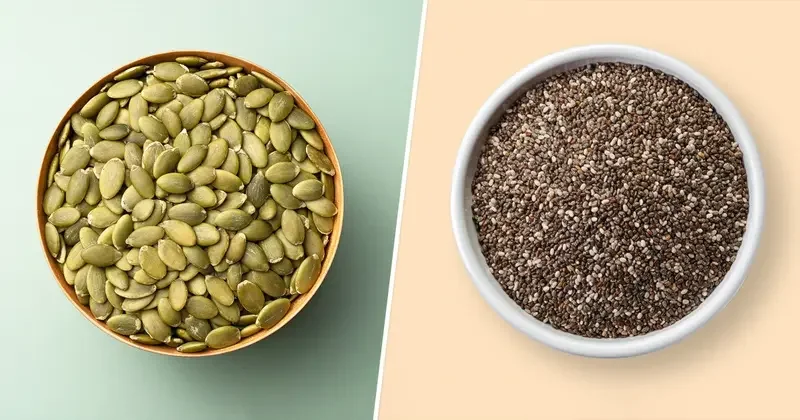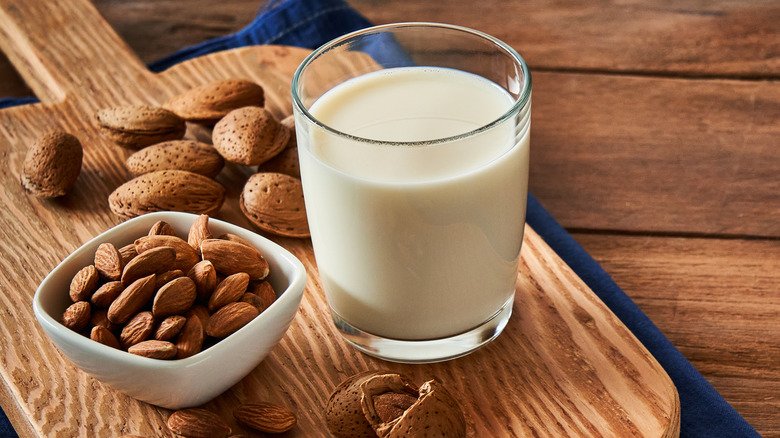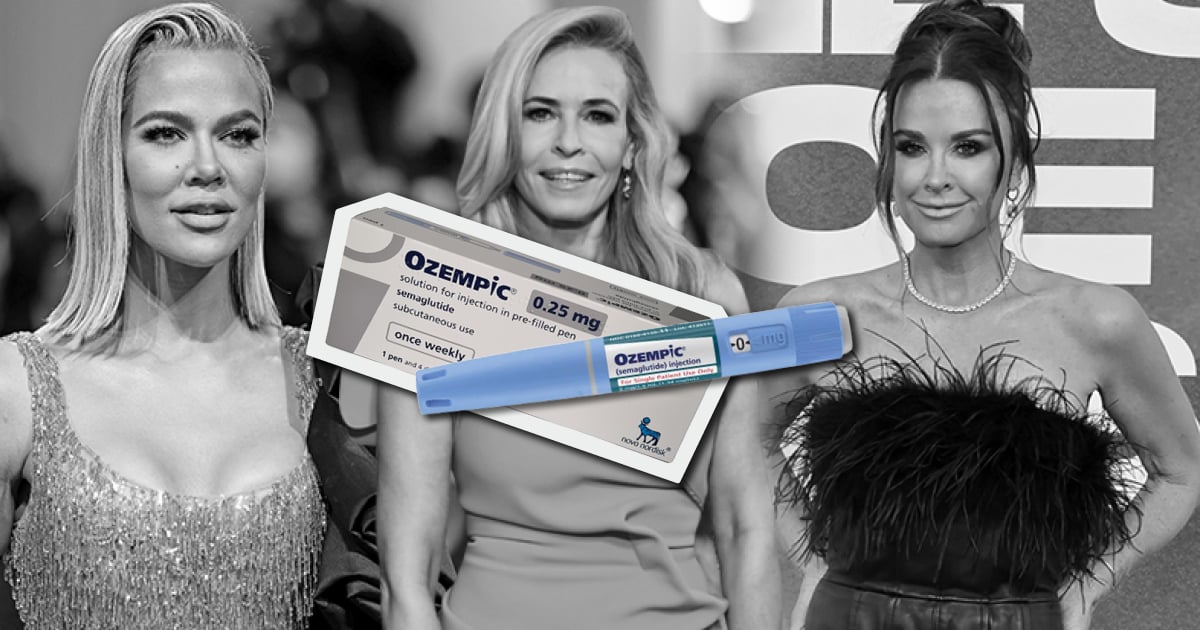When it comes to choosing a healthy snack, pistachios and peanuts both shine, but in slightly different ways. Nuts are universally recognized for their health benefits, providing heart-healthy fats, plant protein, fiber, and antioxidants. A daily handful—about 30 grams or a quarter cup—has been linked to improved weight management, lower risk of type 2 diabetes and heart disease, and even brain health as we age. Even though peanuts are technically legumes, their nutritional profile is similar enough to tree nuts that they’re usually included in the same category. Pistachios have gained popularity for their versatility in both sweet and savory dishes, from gelatos to granola. A serving provides significant amounts of vitamin B6, copper, phosphorus, manganese, vitamin K, and potassium. Vitamin K supports bone strength and blood clotting, while potassium is key for healthy blood pressure. Pistachios are also rich in plant sterols that help lower cholesterol, and antioxidants like lutein and zeaxanthin that support eye health. Cracking them open one by one can naturally slow eating and help with portion control. They also have slightly fewer absorbable calories compared to other nuts, giving them a small edge in weight management. Peanuts, on the other hand, excel in protein content, offering roughly 25% more than pistachios. They’re an outstanding source of niacin, essential for energy metabolism, healthy skin, and nerve function, and provide about five times the folate compared to pistachios. Peanuts also contain more vitamin E and magnesium, and they are one of the few nuts or legumes to offer resveratrol, an antioxidant linked to heart and brain health. Beyond nutrition, peanuts are far more sustainable, requiring less water and resources to grow, and they come at a much lower cost than pistachios. Both peanuts and pistachios do have drawbacks. They are common allergens, and their shelf life is limited—shelled nuts last a few months at room temperature and longer if refrigerated. Choosing minimally processed options like unsalted, unsweetened, or dry-roasted nuts is best for maximizing health benefits. Ultimately, both nuts are nutritional powerhouses. Pistachios stand out for potassium, vitamin K, and antioxidants, while peanuts offer higher protein, folate, niacin, and affordability. If budget is a concern, peanuts are hard to beat, but alternating between the two can provide a broader range of nutrients and keep snack time interesting. Both make excellent choices for a quick, healthy, and satisfying snack.
